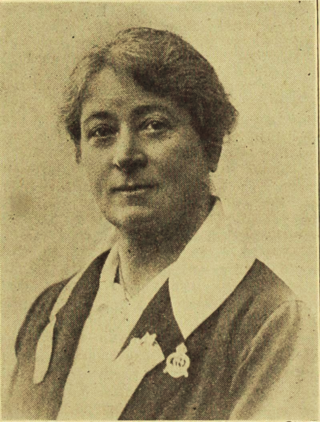Related Research Articles

MacLeod, McLeod and Macleod are surnames in the English language. The names are anglicised forms of the Scottish Gaelic MacLeòid, meaning "son of Leòd", derived from the Old Norse Liótr ("ugly").

MacLean, also spelt McLean, is a Scottish Gaelic surname, Eóin being a Gaelic form of Johannes (John). The clan surname is an Anglicisation of the Scottish Gaelic "Mac Gille Eathain", a patronymic meaning "son of Gillean". Gillean means "the Servant of [Saint] John [the Baptist]"), named for Gilleathain na Tuaidh, known as "Gillian of the Battleaxe", a famous 5th century warrior.
Turnbull is a northern English and Scottish surname. For theories of its etymology, see Clan Turnbull.
David Watson may refer to:
Melville is a surname and a given name.
Tait is a Scottish surname which means 'pleasure' or 'delight'. The origins of the name can be traced back as far as 1100.
Wilkinson is an English surname of Norman origin. It is a variant of Williamson, derived from a variant of William, Wilkin, brought to the Anglo-Scottish border during the Norman conquest. At the time of the British Census of 1881, the relative frequency of the surname Wilkinson was highest in Westmorland, followed by Yorkshire, County Durham, Lincolnshire, Cumberland, Northumberland, Lancashire, Cheshire and Nottinghamshire. People named Wilkinson include:
Bell is a surname common in English speaking countries with several word-origins.
Kirkpatrick is an Irish (Ulster) and Scottish surname, and occasionally a given name, possibly a branch of the Cenél nEógain of the Northern Uí Néill. The name traditionally relates to a church ("kirk") dedicated to Saint Patrick.
Gow is a Scottish surname. The name is derived from the Gaelic gobha, meaning 'smith'. The name is represented in Scottish Gaelic as Gobha.
Strachan is a surname of Scottish origin, which is pronounced or. Notable people with the surname include:
McDiarmid, also MacDiarmid, is a Scottish surname.
The surname Keith has several origins. In some cases it is derived from Keith in East Lothian, Scotland. In other cases the surname is originated from a nickname, derived from the Middle High German kīt, a word meaning "sprout", "offspring", which is further finding its roots in Samskrutham aka Sanskrit, which means field or farm.
Munro is a Scottish surname. It means "man from the River Roe" in County Londonderry, Northern Ireland. The surname is common in Ross-shire and other areas of northern Scotland; it also spread to Canada via emigration. Variant spellings of the same name include Monro, Monroe, Munroe, Munrow and Manrow.
Christie is a surname of Scottish origin.
Russell, also Rosel, Rousel, Roussel, Russel or Rossell. The origin of the name has historically been subject to disagreement, with two distinct origins proposed. Early genealogists traced the Russel/Russell family of Kingston Russel from Anglo-Norman landholders bearing the toponymic surname 'de Rosel' or 'du Rozel', deriving from Rosel, Calvados, Normandy. However, J. Horace Round observed that these flawed pedigrees erroneously linked toponymic-bearing men with unrelated men who instead bore the Anglo-Norman nickname rus[s]el, given to men with red hair. This nickname was a diminutive of the Norman-French rus, meaning 'red', and was also an archaic name for the red fox, which in turn borrowed from Old Norse rossel, "red-haired", from Old Norse ros "red hair color" and the suffix -el. Round concluded "there is no reason to suppose that the surname Russell was territorial at all," and surname dictionaries have preferred to derive the surname from the nickname. Dictionaries also state that the English name Rufus originally meant "red haired".
Lynn is a surname of Irish origin, English, Welsh or Scottish. It has a number of separate derivations:
Lawrie is a family name of Scottish origin which means "crafty." Variants of which include: Laurie, Lorrie, Larry, Laury, Lawry and Lowrie. It is also used as a given name, often a short form of Lawrence.
Calder is a surname of Scottish origin. Notable people with the surname include:
Kirkwood is a surname of Scottish origin which means "the wood near the church." Notable people with the surname include:
References
- ↑ Sims, Clifford Stanley (1862). The Origin and Signification of Scottish Surnames. With a Vocabulary of Christian Names. Albany, New York: J. Munsell. p. 63. OCLC 1060940902 – via Internet Archive.